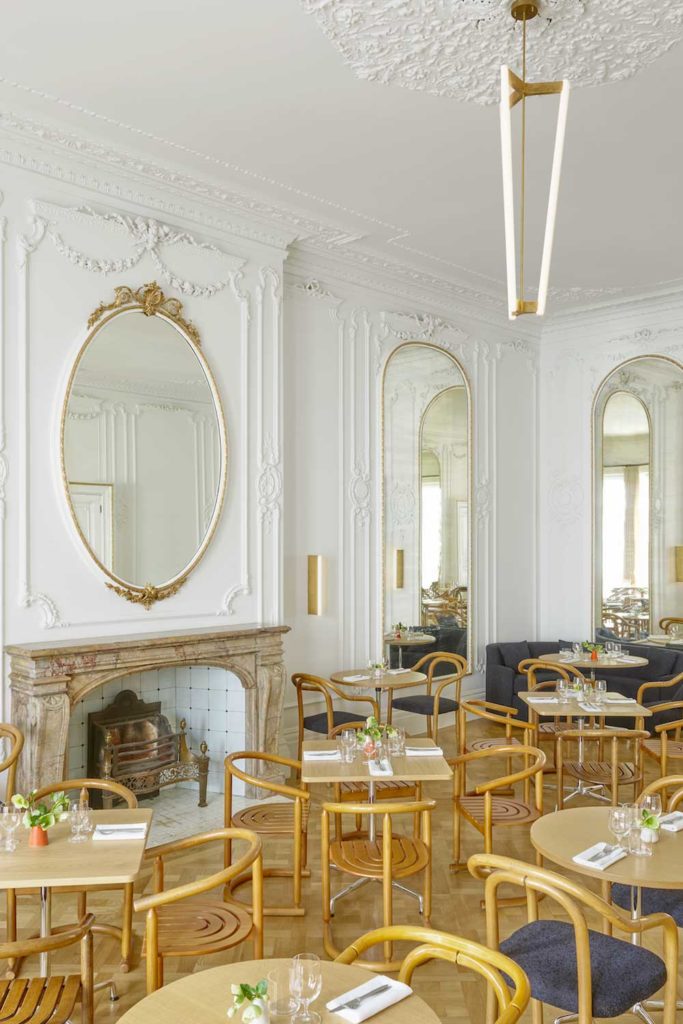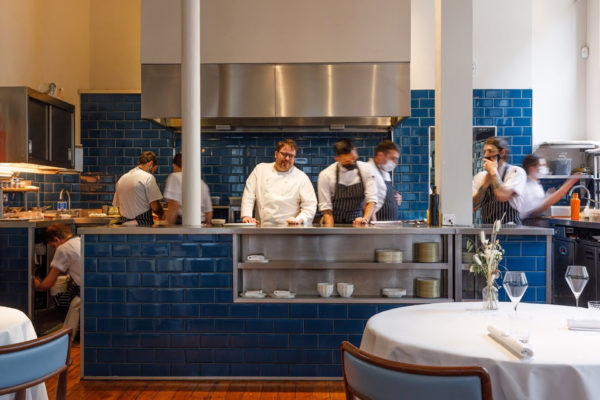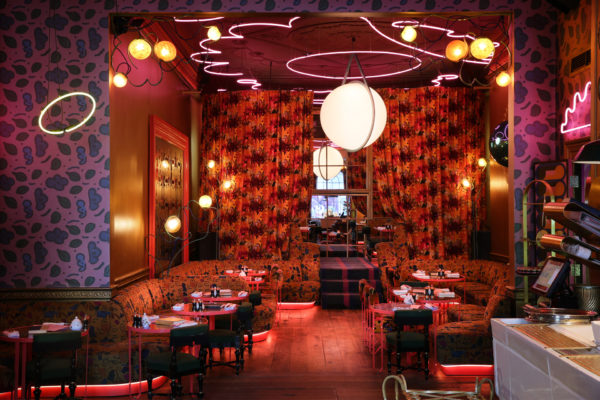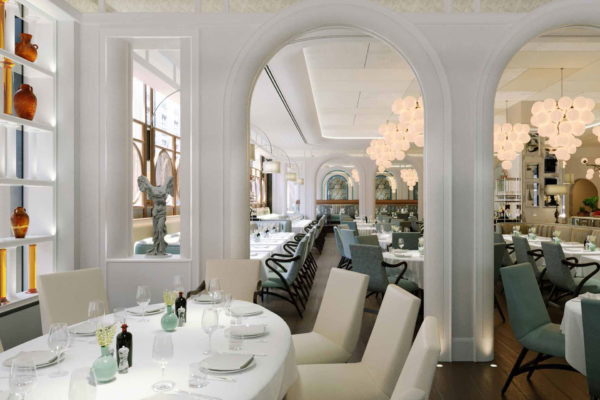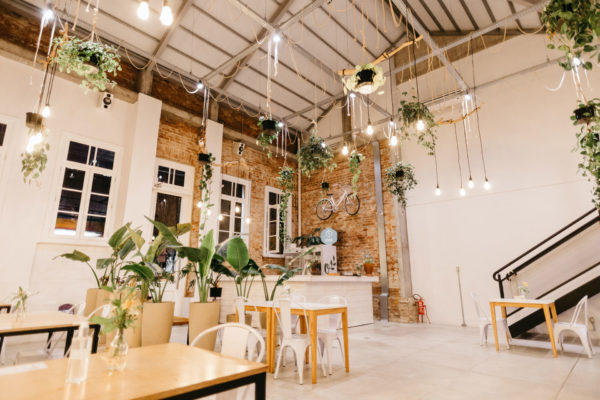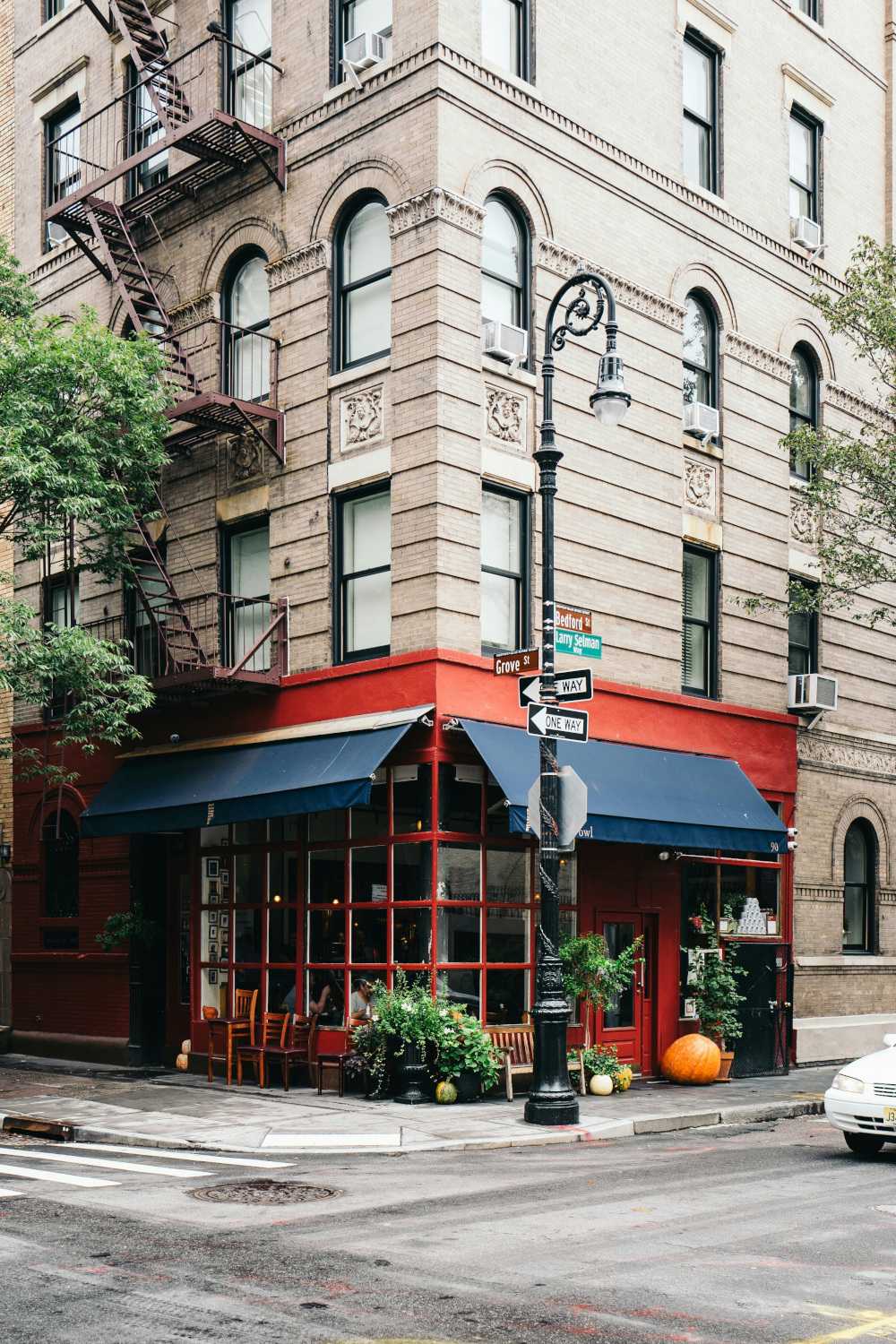
NYC Foodies Are Placing Extortionate Bids For Restaurant Reservations
By
12 months ago
Ironically, we have reservations about this burgeoning restaurant trend
As we’ve come to find out, bagging a table at a city-favourite restaurant can become quite the challenge if you leave it too late – with waiting lists booked up for weeks, months and sometimes even years. But what do you do when you manage to get that coveted reservation? If you’re normal, you settle down for dinner. If you’re part of the growing number of restaurant reservation scalpers, you get into the business of reselling your booking for a massively inflated price – or, rather, to the highest bidder. This practice has become the norm in NYC over the last year, and Londoners are starting to worry that it will crop up in the UK capital.
Why Are People Reselling Their Restaurant Reservations?
As far as urban culinary scenes go, New York City sits pretty high up on the list. Like London, the city is a melting pot of cultures, cuisines and aesthetics, and it’s also home to some of TikTok‘s most popular eateries (there are currently over 17 million posts on the platform tagged under #nycrestaurants). The bottom line: it’s a playground for foodies. But it appears that the Big Apple, for all its exterior sweetness, has a pretty rotten core.
But before we get into that, we need to get an idea of what it’s like trying to book a table at one of the city’s more famous restaurants. Simply put, the task of acquiring a reservation at places like Balthazar, Carbone or The Grill is a little like being involved in a competitive sport; they book up exceptionally quickly, largely due to a combination of forward-thinking foodies and bots that snap up bookings by constantly refreshing reservation apps.
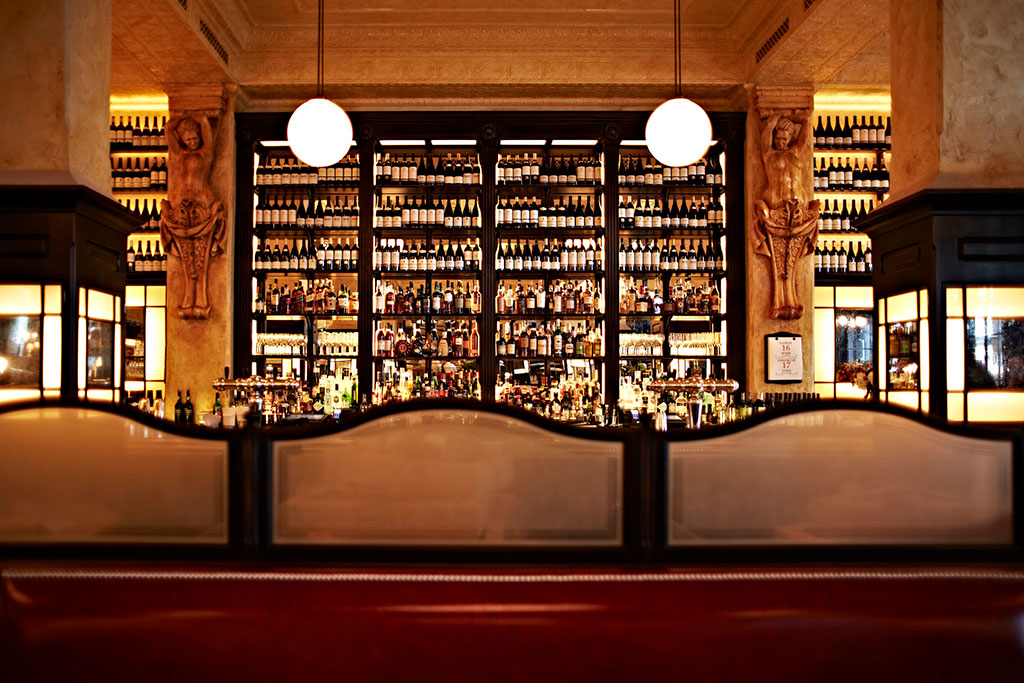
Balthazar (c) David Loftus
Some restaurants and booking sites can also be a little choosy about who they let in, with these businesses often favouring customers based on their credit card partners. ‘Chase has tables, Amex has tables,’ said Resy co-founder Ben Levanthal. It’s been reported that Resy, which was acquired by American Express in 2019, gives advantages to diners with certain AMEX credit cards. ‘It’s about saying yes to the person who’s going to spend the most money over the long haul,’ explained Levanthal.
Add to this dynamic people who now make it their job to score and resell reservations, and open tables become somewhat scarce.
A recent report from The New Yorker revealed that a growing group of people are making thousands a year by reselling their reservations at some of the city’s big name restaurants, using booking systems like OpenTable, Resy and Appointment Trader (which already lets people buy and sell reservations) as an online marketplace.
In this piece, The New Yorker talked to a number reservation resellers, who confessed they make anything from $100 to $1000 for a single transaction. One of the most extreme cases came from Alex Eisler, a sophomore at Brown University, who made $70,000 last year by simply reselling his reservations. Using numerous fake names, numbers and email addresses, Eisler was able to make multiple reservations at heavily booked establishments like Maison Close and Carbone before reselling his bookings on Appointment Trader.
It’s proving to be a lucrative endeavour for apps like Appointment Trader as well. A 2023 report from the New York Times highlighted that Appointment Trader takes a 20 to 30 percent cut from each reservation sale on its platform, and last year it made over $6 million in reservation sales.
Will We See This In London?
As we’ve mentioned, London’s foodie scene isn’t all that different from New York City’s. So, unfortunately, it wouldn’t be farfetched to see this trend make its way across the pond at some point in the future – and some would argue that it’s already happening the UK capital, especially with apps like Appointment Trader, OpenTable, Resy and Tock already operating in the city.
It’s also becoming increasingly difficult to get a table at some restaurants, both in London and throughout the UK. In the capital, it’s expected that getting a table at The Clove Club could entail a wait of up to three months, while trying to snag a roast at The Bank Tavern in Bristol is near-impossible for the rest of 2024 (the team advise checking in for 2025 bookings).
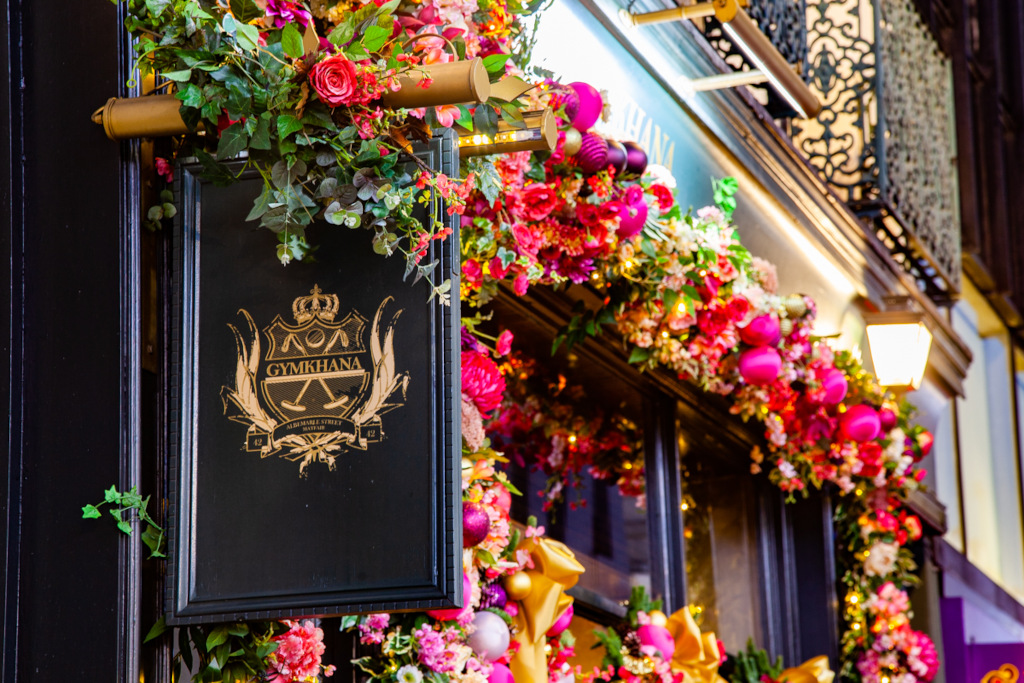
Gymkhana
So, how does this impact the resale value of reservations? While we’re not quite yet in £1,000 reservation territory, a report by The Times highlighted that bookings a number of high profile restaurants in London are going for well above £100. One of the most popular British establishments on resale platforms is two-star Michelin restaurant Gymkhana, where a table for two this month could cost you £256 to secure. Another is Novikov, where a similar booking currently goes for £220; Japanese restaurant Zuma, where tables are listed for £180; and The Ivy, where prices for a Saturday night reservation range from £100 to £160.
If you fancy snagging a table at Core by Clare Smith this spring, you might want to save up first; The Times spotted one person on a resale site flogging a reservation for £408.
Many restaurants, including The Ivy and Zuma, aren’t usually aware of their reservations being resold for high profits – and many people in the industry aren’t happy about what’s going on. ‘Restaurants are fundamentally a human-driven business,’ James Chiavarini, who runs Kensington restaurant Il Portico, told The Times. ‘They’re an emotional business and that’s what makes them so wonderful and so inefficient. When you start introducing bots and algorithms, it just seems quite detrimental to its fundamental essence.’
Featured image: Tomas Anton Escobar, Unsplash


